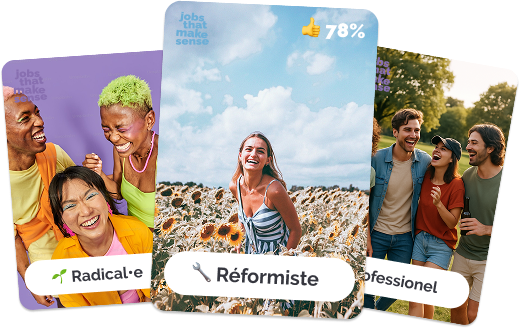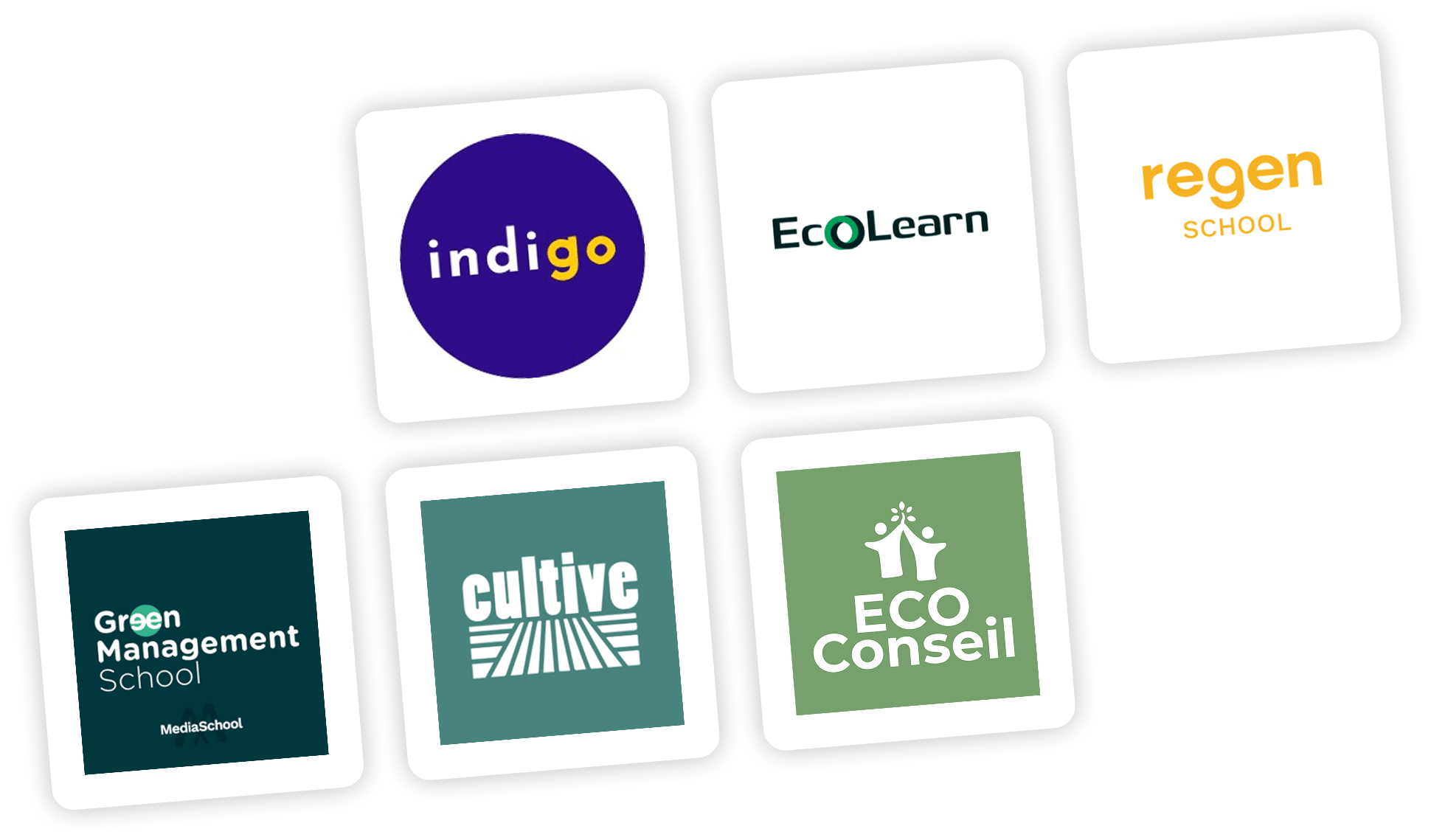Welcoming exiled people to my company: why and how?
With the arrival of the Ukrainian refugees, the subject of welcoming and permanently integrating migrants into companies has gained in visibility and popularity.
Various motives have been mobilized in turn to make the field of diversity an unavoidable one.
Economic reasons :
Our economy depends on the work of immigrants, and the right to integration is essential to make this central role visible. As far as companies are concerned, economic and social science research shows that measures to integrate exiles meet their recruitment needs, particularly in sectors where there is a shortage of skilled workers or where the future is bright. Pioneering companies such as Sodexo are reporting very positive feedback, describing the now rare skills of these employees, as well as their loyalty and resilience. We know, for example, that the replacement rate, or turnover, of refugee workers is 4%, compared with 11% for others, and that diversity increases productivity and innovation, growth and employee commitment.
Social reasons :
Keeping part of the population in poverty is a major threat to social cohesion. In France, the unemployment rate among immigrants is almost twice that of the French. This is all the more the case for immigrants with diplomas, who tend to occupy jobs far below their qualifications, and for younger people and migrant women, who have great difficulty entering the French job market.
Ethical and humanist reasons:
It is morally imperative to fight against inequality and for the dignity and fundamental rights of all. To quote Fatemeh Jailani, "Enabling a person to achieve fulfillment through work means restoring their dignity and enabling them to find their place and legitimacy in a Europe whose motto is 'United in diversity'".
Finally, welcoming and integrating exiles into your company is a way of rising to the challenge of competitiveness, while defending the founding values of the European social model: equal opportunities, solidarity and cohesion.
OK. But how do you go about it?
Rethinking the hiring process
Testing studies have shown that, even in well-intentioned companies, recruitment methods may only offer a certain profile of individuals for hiring. For example, a "Mohamed" has to send in 20 CVs before being invited for a job interview, whereas a "Michel" only has to send in 5...
To identify the biases in their approach and make job offers accessible to other categories of the population, these companies can call on associations, public players and training centers to draw up what is known as a "diversity plan". Researchers can also play an invaluable role: certain emerging subjects, such as intersectionality, may be of interest to employers, without them knowing what to do with them. Yet the stakes are high: the aim is to gain a better understanding of the situation of people who are discriminated against, so as to be able to readjust our actions.
Thinking about job retention
According to the European Economic and Social Committee (EESC), integration is a social process of mutual adaptation. It therefore requires awareness and vigilance on both sides. What emerges from the studies is that the most important lever for integrating migrant workers sustainably and effectively within a company is employee investment and a change in mentality.
This means getting all employees on board, raising their awareness and training them: presenting the reality of migrant workers, the challenges of their professional integration, the notions of inclusion, diversity, equality, intercultural and inter-religious issues, etc. The aim is to deconstruct preconceived ideas and defuse potential fears, making them "sentinels of integration".
It's also a question of preparing the arrival of the exiled person and accompanying him or her into the job, to make the company a truly inclusive environment. Facilitate access to important information about the work organization, the job, the missions, tasks and responsibilities, and the colleagues (their names, their functions); set up mentoring, coaching and basic French language training programs - involving other employees; plan in-house or external training for a possible upgrade of the skills base; take into account and support the difficulties in finding accommodation, taking transport, administrative constraints, etc., and adapt management methods to the needs of the person (think about the role of the "newcomer"). and adapt management methods to the person's needs (consider including managers in the hiring process to ensure greater involvement).
Thinking ahead
And to ensure that this integration is a lasting one, we need to develop upstream processes and systems that enable us to intervene rapidly in the event of difficulties.
Anticipating fatigue > diversity managers need to be able to mobilize employees on a regular basis to maintain collective support for inclusion objectives. However, we can sometimes observe a loss of breath, routinization or even exhaustion on the part of both those who transmit and those who receive diversity messages and objectives. How do we respond, for example, to the famous "You can't say anything, you can't make jokes"?
Anticipating conflicts and discrimination > The legal and strategic framework for CSR, combating discrimination and promoting diversity must provide a sufficient framework, by drawing up a charter instituting the principle of non-discrimination, and calling on clearly identified players: the Défenseur des droits, the labour inspectorate, staff representatives, a trade union organization.
For this, don't hesitate to turn to the many players who have positioned themselves to support companies in this process. Each One, a company with a mission, has enabled the hiring of 2,000 refugees since its creation in 2015. Kodiko, an association, puts refugees in touch with volunteers who support them in their recruitment process. SINGA, on the other hand, supports refugees in their entrepreneurial endeavors and places great emphasis on a vision of migration in terms of talent, creativity and innovation.
And then there are training courses, too, aimed at people wishing to develop inclusion and diversity objectives within their companies. The Institut Catholique de Paris' DU Action sociale et Migrations, for example, this year launched a new 3-day module on the theme of "Migration and Work". This module offers legal, sociological, economic and intercultural knowledge of international migration and its relationship to the world of work, on the one hand, and an exploration of CSR tools, diversity plans, the fight against discrimination (etc.) on the other.
Author: Noémie Paté - teacher-researcher and sociologist - Director of the DU Actions Sociale et Migrations and of the Master Solidarité et transitions durables at the Faculty of Economic and Social Sciences and Law of the Institut Catholique de Paris.
To find out more
👉 Training at the Institut Catholique de Paris



